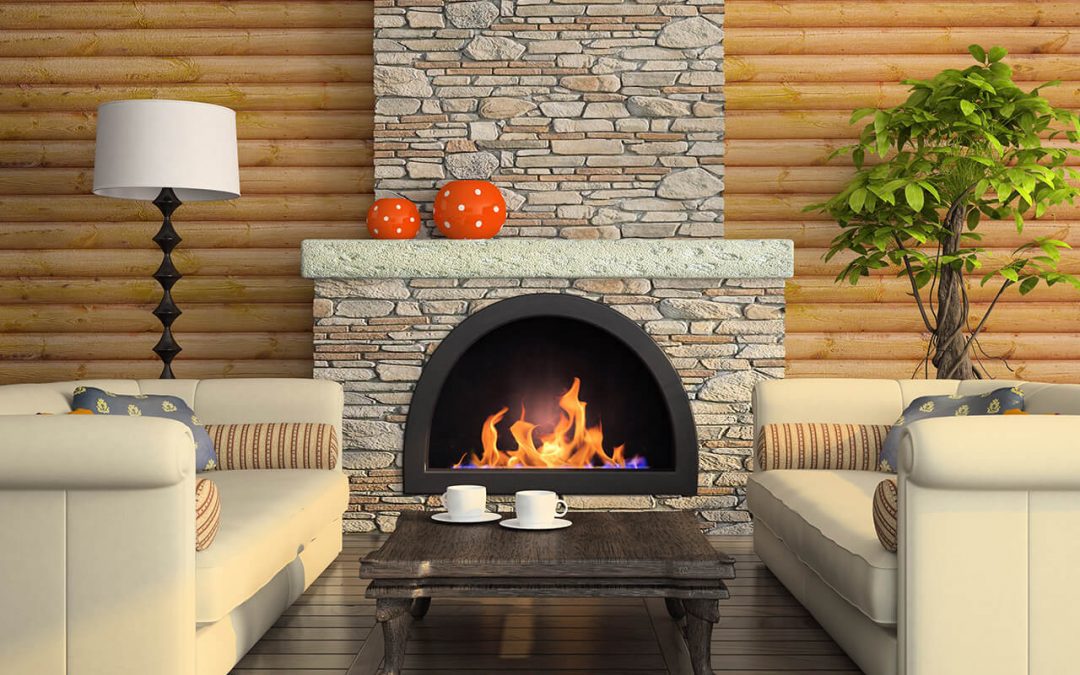Fireplaces provide warmth and comfort during cold weather. However, the combination of heat and creosote build-up can lead to a chimney fire. If you’re planning on cozying up in front of your fireplace to keep warm this season, here are some tips to prevent a chimney fire.
Tips to Help You Prevent a Chimney Fire
The most common cause of chimney fires is creosote. This is a highly flammable substance that’s formed as a by-product of burning wood in your fireplace. Over time, creosote accumulates and can catch fire. To prevent creosote build-up in your chimney, practice proper burning techniques and keep the chimney clean.
Schedule a Chimney Inspection
Have your chimney inspected and cleaned at least once annually by a professional chimney sweep. During the inspection, a pro will remove creosote and debris from the chimney and examine it for problems to verify it is functional and safe.
Safe Use of the Fireplace
A hot fire will help reduce the build-up of creosote. As a rule of thumb, maintain a flue temperature higher than 250 degrees Fahrenheit to reduce build-up. To determine whether your fire is at the right temperature, purchase a stove thermometer.
Prevent a Chimney Fire by Using the Right Wood
Use only seasoned wood in the fireplace. Seasoned wood has been dried for 6 to 12 months and has a lower moisture content than freshly cut wood. Because it is drier, seasoned wood produces less smoke, fewer sparks, and results in less creosote build-up.
Choose hardwood instead of softwoods. Hardwoods burn hotter and more efficiently. Oak, walnut, maple, and hickory are some common hardwoods that are excellent for fireplace use.
Use Safe Fire Starters to Prevent a Chimney Fire
Never use liquid accelerants like kerosene, gasoline, or lighter fluid to start a fire. These products burn quickly and may lead to uncontrollable fires. Instead, use small branches and dry twigs to get a fire started.
Install a Liner
Chimney liners protect chimney walls by improving airflow and creating a clear path for smoke to leave your home safely. If you have a chimney without a liner or an old clay or ceramic liner, upgrade to a steel chimney liner. Steel liners are more durable, making them a great investment for the long-term health of your fireplace and flue.
Inspect the Chimney Cap
A chimney cap helps to prevent chimney fires in several ways. It can reduce moisture in the chimney and protect it from damage. The cap also prevents debris from accumulating in your chimney and keeps out nesting animals. Before lighting your fireplace, inspect the chimney cap. If it’s in bad condition or missing, install a new one.
Chimney fires happen every year and often go undetected until it’s too late. Follow the tips above to reduce your risk of a chimney fire to stay safe and warm during the colder weather.
JVC Home Inspection provides inspections to customers in Central Florida. Contact us to schedule our services.

